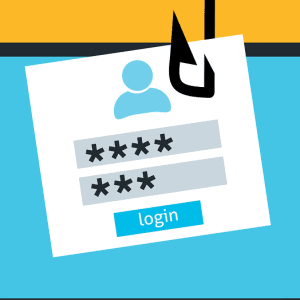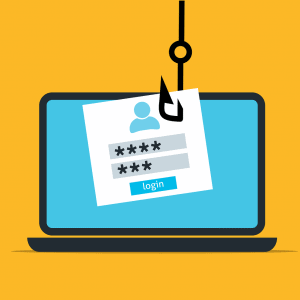Quishing: Phishing campaign uses QR codes
A new phishing campaign, Quishing, uses QR codes to trick victims into clicking on a compromised link. Access data for the Microsoft 365 cloud applications are to be stolen. Phishing is one of the greatest threats to IT security, as is well known by now. Most companies have taken steps to at least contain the tide of ongoing campaigns. As a result, the attackers also have to keep upgrading and come up with new tricks. The cybersecurity researchers from Abnormal Security are now reporting on a new phishing campaign. Cyber criminals try to ...







